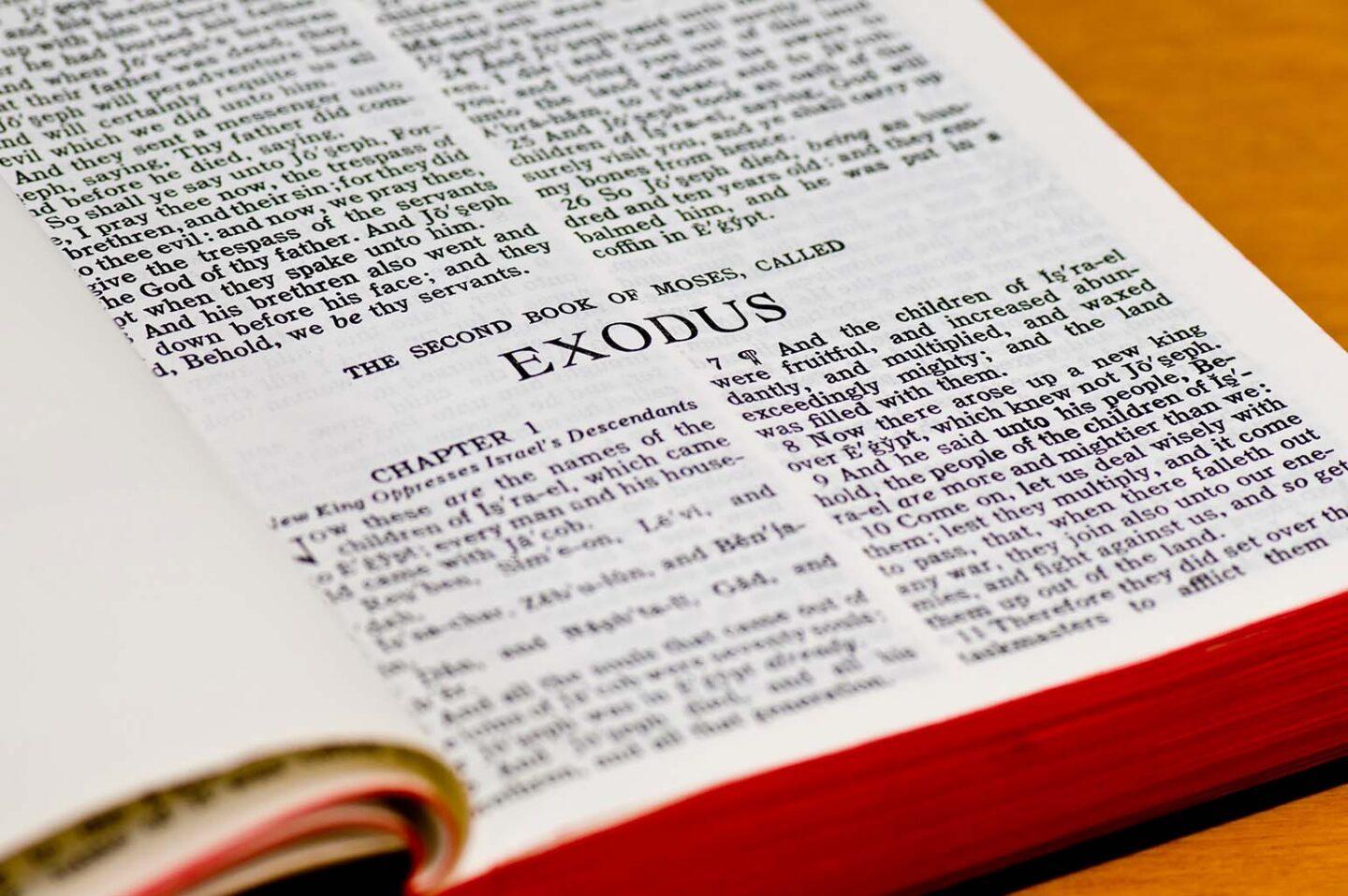Have you ever wondered what universal truths and spiritual lessons the Holy Bible can offer us in our modern world? Even though it was written ages ago, its fundamental teachings still hit home, serving as a moral compass for a life of meaning and compassion. At its heart, this book urges us to live with empathy. It underlines that our response to others’ pain is what truly defines us as humans.

The Bible also encourages faith and hope; believing in a higher salvation and staying hopeful about better times give you resilience when life gets tough. This sacred text advises humility over arrogance and charity over greed because ego trips only distance us from God or one another. Amidst all these uncertainties we’re dealing with today, let’s remember these timeless lessons from this ancient masterpiece, including to love deeply, stay hopeful yet humble, and be charitable. Although drafted centuries ago, this timeless wisdom is still relevant enough to lighten up the darkest alleys.

God Is Always With You
Perhaps the most defining aspect of the mobile is that it reassures us that we are not alone. Wherever we may go, whether in the physical world or within the very depths of our souls, God will always be there. You can see this in specific verses that pay particular heed to this point. For instance, the Hebrews 10:23 bible study illustrates the point perfectly by stating that those who are committed in their faith in the Lord almighty will open his ears and enable them to bring him in and cure their restless soul. It’s a remarkably poignant passage that helps us to understand the need for patience in all things, and armed with your faith; you will conquer anything that might conspire to trip you.
Love Others As Yourself
The Bible’s repeated exhortations to “love thy neighbor as thyself” impart one of its most vital ethical lessons: the importance of loving others with the same care that one would extend to oneself. This teaching appears in various expressions across both the Old and New Testaments, constituting a cornerstone of Christian morality. In essence, we should treat others with kindness and respect, just as we would want ourselves to be treated.
Love isn’t about passing judgment or hurting those around us. It’s about having an open heart and being empathetic toward the people in our lives. When required, show mercy, but also stand up for justice whenever you can. The way we love ourselves is how everyone else should be treated, too: kindly and respectfully at all times.
Practice Forgiveness And Compassion
The Bible teaches the importance of forgiveness and compassion through Jesus Christ’s life story. His ministry was a living example of boundless empathy, whether it involved reaching out to those shunned by society, healing the sick, or promoting mercy over revenge. In his sermons, he stressed forgiving others unconditionally, clarifying that holding on to anger or hatred only multiplies these emotions.
Additionally, a key principle in Christianity is showing grace, particularly when it’s least expected or deserved. Christ’s ultimate act of forgiving those who crucified him demonstrated radical compassion transcending all earthly logic. While justice seemed to demand punishment, Christ instead prayed for the forgiveness of his tormentors. Herein lies the ultimate ideal of Christian mercy, which is to release anger and offer reconciliation even in the face of profound wrongs.
Be Thankful For Your Blessings
A key takeaway from religious texts is the immense importance placed on gratitude, especially during times of prosperity. The Scriptures explicitly urge us not to overlook God’s bounties but instead, acknowledge them with heartfelt and cheerful appreciation. Be it material wealth, good health, a loving family, or skills, we should always keep in mind that these are all signs of God’s generosity.
In straightforward terms, the scriptures teach followers to express their thankfulness for every little blessing they receive through prayers. Letters written by Paul and other apostles serve as reminders for early Christians about the need to be thankful under all circumstances – even hardships can be seen as reasons for being grateful because they echo God’s assurance of salvation. Moreover, various scriptures also caution against the perils of ingratitude, like how egotism, conceit, and an inattentive attitude toward showing appreciation can create a divide between us and God.
In Conclusion
The Bible is more than a holy book; it’s a compendium on how to live life. By following its teachings, you will discover a new way of thinking and a newfound, profound ability for compassion and love.
